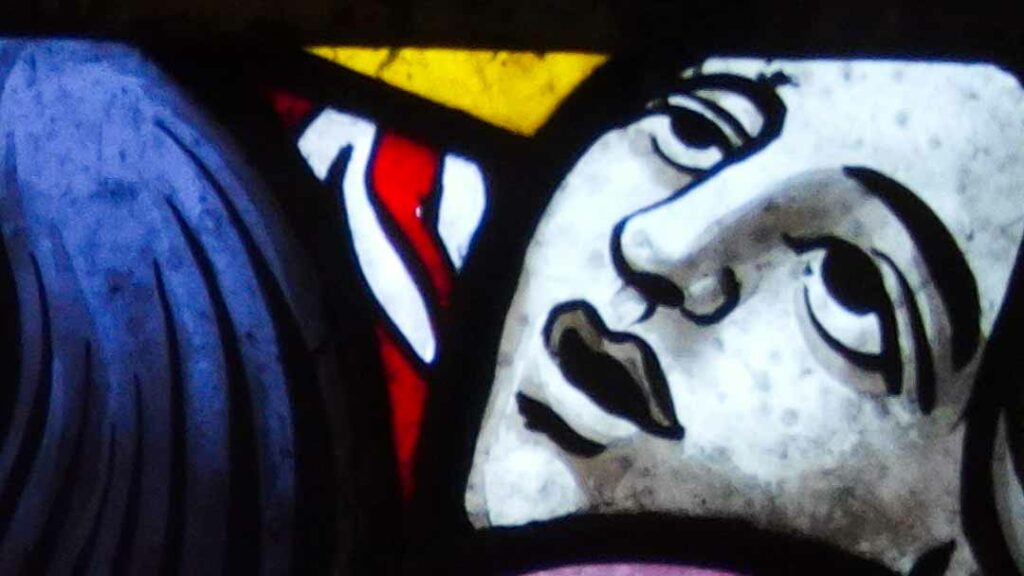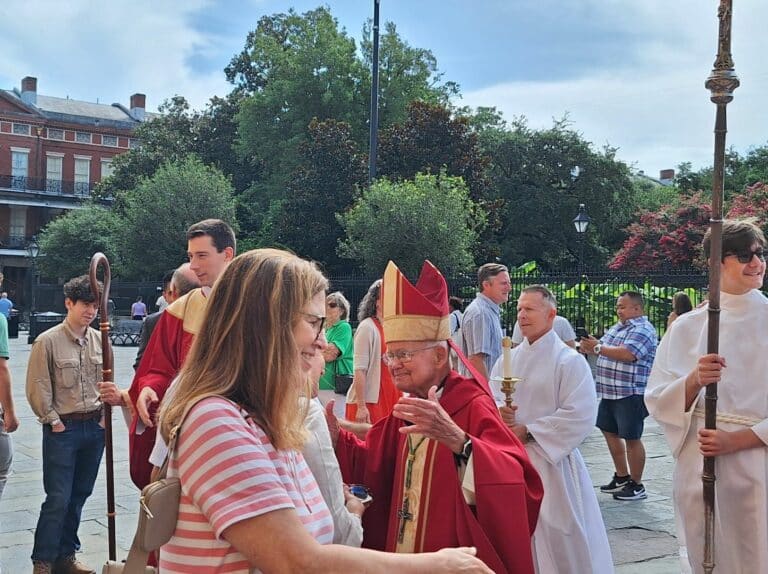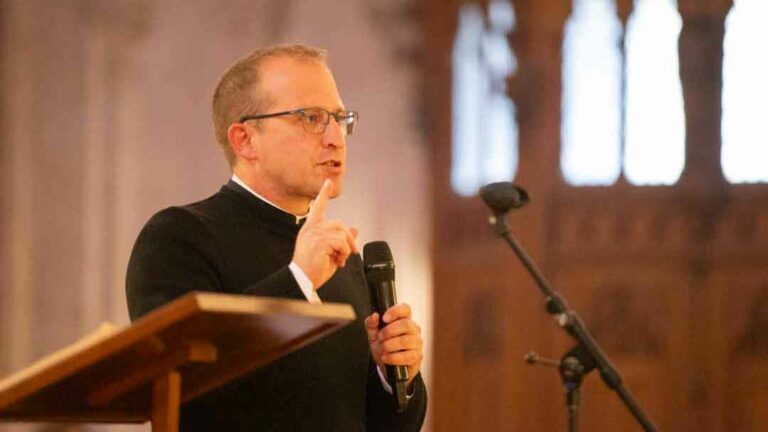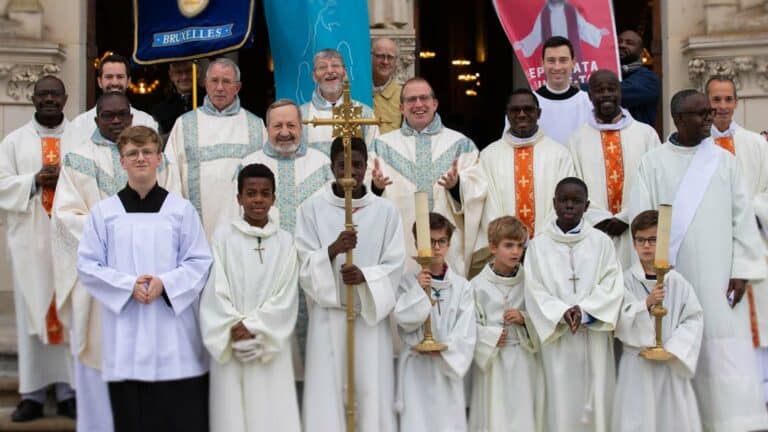What happens at the time of death? According to the Church, judgment takes place as the soul separates from the body. This might encourage us to learn to love and forgive right now. Let’s not wait for purgatory to love! Interviewed by Guillaume Desanges for Chronique du purgatoire #4, don Paul Denizot provides some keys.
Meditating on purgatory is a preparation for heaven. We must learn to love today. Just as we need to learn to forgive no later than now. Let’s not wait until we are in purgatory to forgive.
The separation of the body and the soul
The moment of death is not an easy one to pin down. I am not talking about the biological death here but the metaphysical death, when a few moments later, what was once a human person is found to be a lifeless corpse. This is when the separation of the soul and the body takes place. Death is that separation.
The judgment
At the moment of this separation, the judgment of the soul occurs, as told by the Church. Death is a “freeze-frame”, very much like in Pompeii, where corpses were found under the ashes exactly as they were when they were caught by the eruption. Death is the moment that reveals our soul. Did it agree or refuse to love? Which means that, in practice, it is never too late to change. Remember the story of the Good Thief. Right up to the last minute, God gives us His grace to open us up to His mercy.
Meditating on death sets you free
For us Christians, there are two crucial moments in life. The fundamental moment is “now”, the present time. Next it is the hour of our death. Which means that meditating on the time of our death is a better way to live the present time. For example, meditating on all the dispossessions that will be brought about when we die –money, riches, vanities etc.– enables us to be freer today.
Hell? Purgatory? Paradise?
The Church teachings do not go into much detail about how this happens. They remind us that when we die, our whole life is referred to Christ. Through his loving gaze the weight of love in our lives becomes manifest. Have we loved? Or have we refused love? Those who refuse to do so shut themselves in –and that’s Hell. Those whose hearts are wide open to love are ready for heavenly communion –that’s paradise. The others undergo purification after death. This expression was used by the Second Vatican Council in Lumen Gentium.




